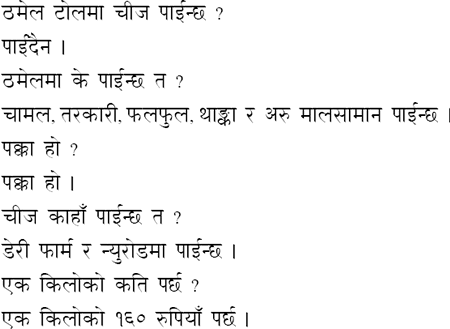Mi gychwynodd y prifysgol yr wythnos hon efo wythnos groeso. Roedd gyfarfod groeso i’r Ysgol Ieithyddiaeth ac Iaith Saesneg ddoe, ac mi gwrddais i â mwyafrif y tiwtoriaid ieithyddiaeth ac â’r myfyrwyr eraill. Dim ond wyth, yn gynnwys fi, sy’n gwneud graddau meistr mewn ieithyddiaeth – pedwar Saesnes, Siapanes, Groeges ac Americanwr. Efallai bydd myfyrwyr eraill yn cyrraedd yn ystod yr wythnos hon. Mae’r mwyafrif ohonyn nhw yn bwriadu gwneud doethuriaethau ar ôl iddyn nhw’n gorffen eu graddau meistr, ond ar hyn o bryd, dydw innau ddim bwriadu gwneud yr un beth.
Yfory mae rhaid i ni cofrestru, talu ein ffïoedd dysgu, ac yn penderfynu pa fodiwlau i ddewis – mae dau fodwl gorfodol a dau ddewisol pob semester. Yn y semester cyntaf fy modiwlau gorfodol ydy cystrawen, a semanteg a phragmatig, a modiwlau dewisol mewn seineg a dirwedd; dwyieithrwydd a meddwl. Yn yr ail semester bydda i’n gwneud modiwlau mewn seineg, a dirwedd mewn Saesneg, a modiwlau dewisol mewn caffaeliad iaith mewn plant, ac anhwylderau llefaru ac iaith.
Back in full-time education
University started this week with welcome week. There was a welcome meeting for linguistics postgrads yesterday, and I met most of the linguistics tutors and other students. There are only eight of us, including me, doing masters degrees in linguistics – four from the UK, one from Japan one from Greece, and one from American. Maybe more students will arrive during this week. The majority of them are planning to go on to PhDs after completing their masters degrees, but I’m not planning to do that, at the moment.
Tomorrow we have to register, pay our fees, and decide which modules to do – there are two compulsory and two elective modules each semester. My compulsory modules in the first semester are syntax, and semantics & pragmatics, and elective modules in phonetics and variation, and bilingualism and thought. In the second semester I’ll do compulsory modules in phonetics, and variation in English, and elective modules in child language acquisition, and speech & language disorders.
